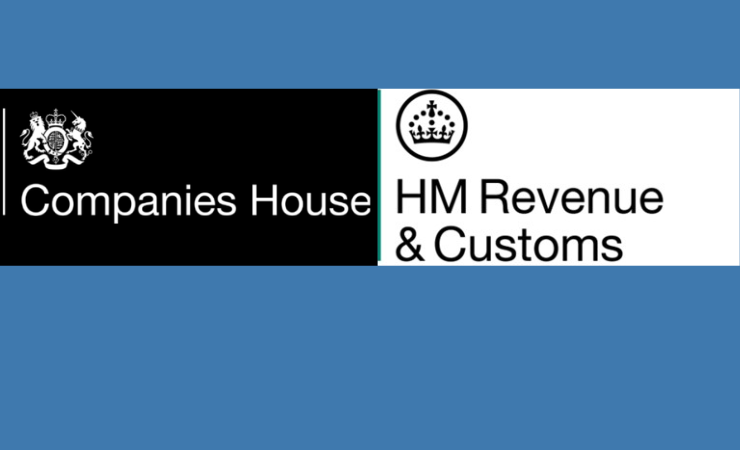The world of business in the UK has two main entities that limited companies must engage with. Companies House and HMRC (His Majesty’s Revenue and Customs). Both serve very different purposes in the world of business and have distinct roles to play in the business landscape.
Companies House
Companies House is the UK government’s official register of UK limited Companies. Its principal function is to collate and maintain up-to-date and accurate information about the companies on its register.
Companies House – Key functions:
- Company registrations: Companies House is the government registry of all UK limited companies. Including holding all officer details, such as directors, shareholders and PSC information.
- Company changes: Any changes to a limited company, the registered address, and officers in charge must be reported to Companies House, often within a time limit of 14 days.
- Filing Annual Accounts and Confirmation Statement: Companies House require all limited companies, whether dormant or trading, to file both Annual accounts (Dormant Company Accounts) and a Confirmation Statement yearly. This ensures the accountability and transparency of the limited company, as the documents are available to the public.
HMRC
HMRC (His Majesty’s Revenue and Customs): On the other side HMRC is the UK tax authority, responsible for the enforcement of tax laws and the collection of taxes. While Companies House is primarily concerned with the legal aspects of your business HMRC is primarily concerned with the finances of the company.
HMRC – key functions:
- Tax registration: when a limited company is set up there are various tax registrations which may be required. Corporation tax is an automatic registration when a new limited company is set up. Other common registrations include Value Added Tax (VAT), and PAYE (pay as you earn).
- Tax Returns: Businesses are required to submit accurate tax returns to ensure they are compliant with tax regulations.
- Payroll and PAYE: if your limited company has employees, even the directors may be paid employees, HMRC is involved in the management of the Pay As You Earn (PAYE) system and ensuring your payroll and employment duties are in order.
- HMRC is also responsible for enforcing that all account submissions follow GAAP (generally accepted accounting practise) and FRS 102 (financial reporting standards).
Understanding the roles of both these business entities is essential for navigating the complexities of the UK business system. While HMRC takes care of the financial side, making sure your company is compliant with tax regulations, Companies House focus on the legal aspects, making sure the registration and company information is up to date.
If you are ready to register your new limited company Duport are here to help, register a company






